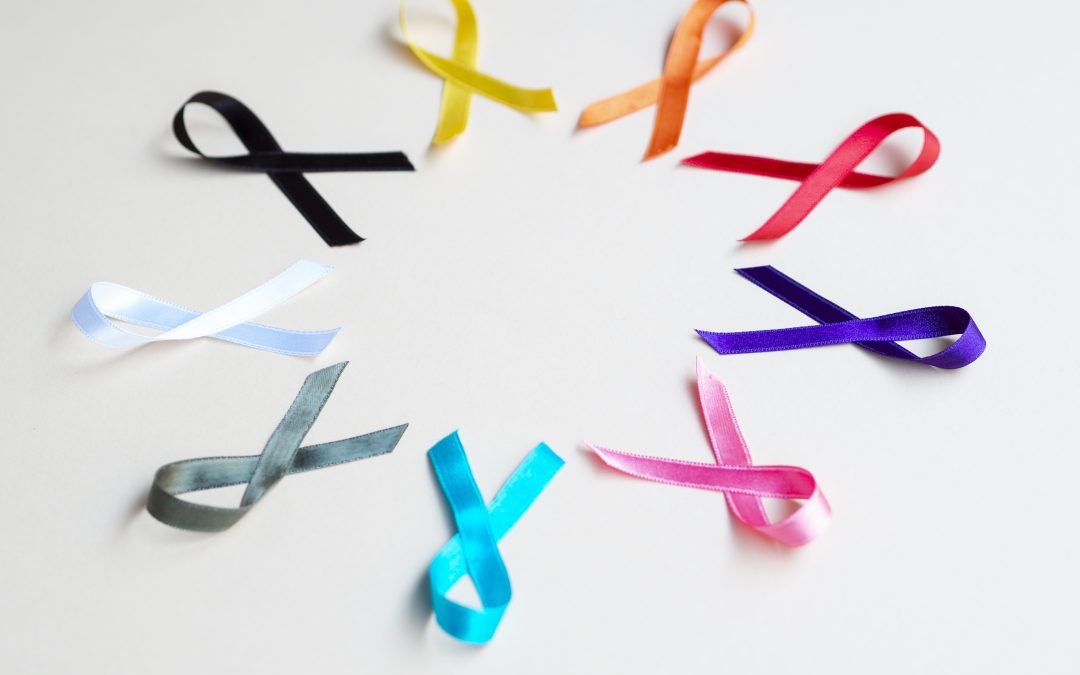- RELIEF FROM CANCER TREATMENT SIDE EFFECTS
Studies suggest that cannabis and its active components, cannabinoids (mainly THC and CBD), can help mitigate some of the most common side effects of cancer treatment:
- Chemotherapy-induced nausea and vomiting: THC has shown effectiveness in reducing nausea and vomiting. There are THC-based medications approved for these purposes.
- Pain: cannabinoids may have analgesic properties, especially in cases of neuropathic pain or pain associated with advanced cancer. These can be useful when conventional painkillers, such as opioids, are insufficient or have intolerable side effects.
- Appetite stimulation: THC can help stimulate appetite in people with cancer who suffer from cachexia (extreme weight and muscle mass loss) or anorexia.
- POSSIBLE ANTITUMOR EFFECT
Some preclinical studies have explored the ability of cannabinoids to reduce tumor growth or induce cancer cell death (apoptosis). The proposed mechanisms include inhibiting cell proliferation, reducing the formation of blood vessels that feed tumors, and modulating the immune system.
However, there is no conclusive evidence in humans that cannabis or cannabinoids can cure cancer or significantly slow its progression. Research in this field is still in its early stages, and while some results are promising, much more investigation is needed before cannabinoids can be recommended as a direct treatment for cancer.
- CBD AND ITS USE AS A COMPLEMENTARY TREATMENT
CBD (cannabidiol) is a non-psychoactive cannabinoid that acts as an anti-inflammatory, anxiolytic, and neuroprotective agent.
- Pain management: like THC, CBD has shown potential in relieving pain, but without the psychoactive effects of THC. Some people prefer to use CBD in combination with THC to achieve relief without the psychoactive side effects.
- Anxiety and sleep. Cancer patients often experience high levels of anxiety and sleep problems. CBD may help reduce these symptoms, improving the quality of life.
- LEGAL AND MEDICAL CONSIDERATIONS
The use of cannabis as a cancer treatment varies significantly depending on the laws of the country or region. In many places, medical cannabis is approved for treating cancer-related symptoms, but its use should be monitored by a doctor.
Additionally, cannabis can interact with other medications a patient is taking, which could alter their effectiveness or increase the risk of side effects. It is crucial to follow medical recommendations regarding dosage, as uncontrolled use can lead to unwanted effects, especially when using products containing THC.
- SIDE EFFECTS
Cannabis can cause side effects that vary depending on the individual and the type of cannabinoid used. The most common effects include:
- Dizziness or disorientation
- Sedation or fatigue
- Dry mouth
- Anxiety or paranoia (more common with high-THC products)
In vulnerable individuals, such as those with mental health conditions, the use of cannabis with high THC content can worsen symptoms of anxiety or psychosis.
CONCLUSION
Cannabis can offer benefits for cancer patients, primarily in improving symptoms such as pain, nausea, loss of appetite, and general discomfort. However, it is not a curative treatment for cancer. Any use of cannabis should be discussed with an oncologist to ensure it is safe and appropriate for each specific case.
NOTE: Our information is based on scientific studies or dissemination. If you are considering using cannabis, please consult a medical specialist.
